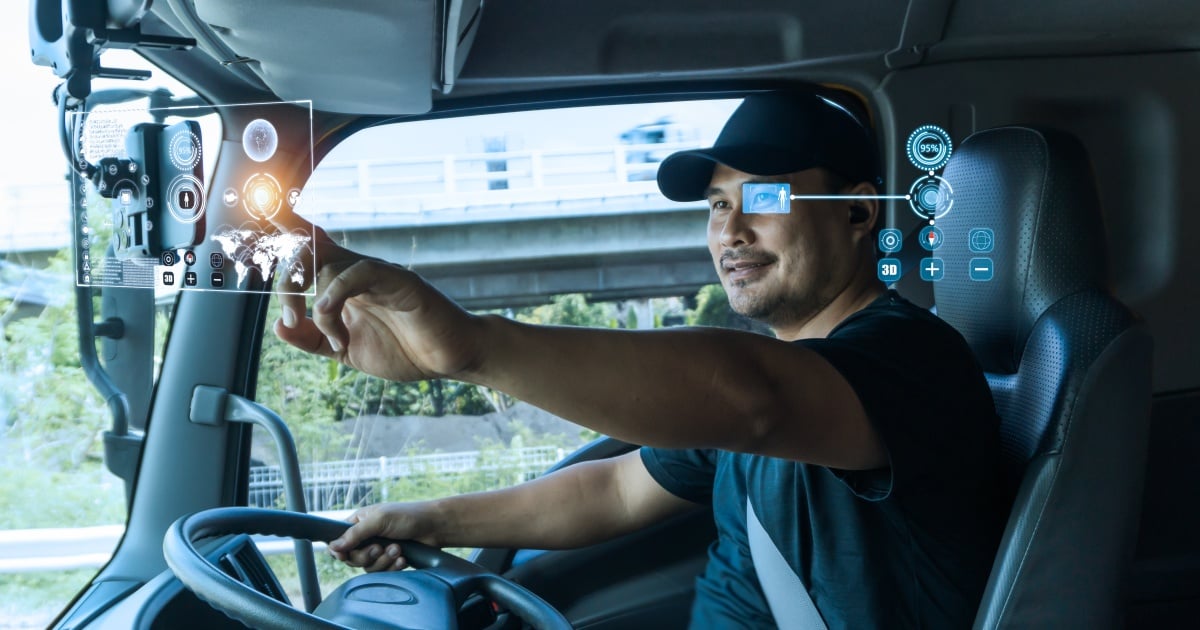
In a surprise move that had everyone buzzing at Mobile World Congress in Barcelona today, the Linux Foundation, in collaboration with the GSMA, introduced a global, open-source project to address industry API interoperability leveraging GSMA OPG requirements and Linux Foundation's Developer Ecosystem.
CAMARA - The Telco Global API Alliance was designed to address challenges in porting and reproducing API services across heterogeneous operator and cloud architectures by developing an open, global, and accessible API solution with access to operator capabilities, in whatever networks customers are in, allowing applications to run consistently between telco networks and different countries.
In addition, CAMARA offers new opportunities for collaboration between network and cloud companies (including telcos, ISVs, device manufacturers, etc.) to address the challenges of porting and reproducing API services across heterogeneous operator architectures. This prevents fragmentation of telco and cloud developers and enables faster, more versatile advancement of global portability and broad industry adoption of new features and capabilities.
CAMARA is supported by leading industry organizations including AT&T, Capgemini, Deutsche Telekom, Ericsson, GSMA, Google Cloud, IBM, Intel, Kandy, KDDI, Microsoft, MobiledgeX, Nokia, Orange, NGMN, Scenera, T-Mobile US, TIM, Telefonica, TELUS, the Linux Foundation, and Vodafone.
A close collaboration has been set up between the CAMARA project and the GSMA's Operator Platform initiative to define a federated platform solution for exposing operator network capabilities to external applications.
The organizations explained that this collaboration will ensure that developers relying on the CAMARA project's API solution and abstraction will facilitate users across operator networks.
"We are thrilled to enter into this next chapter of collaboration with the GSMA," said Arpit Joshipura, general manager, Networking, Edge and IoT, the Linux Foundation. "By harnessing existing open source communities within CNCF, LF Networking, LF Edge and aligning to GSMA's OPG industry requirements, we are poised to address current challenges in API accessibility."
"The Operator Platform initiative welcomes new members to join more than 40 leading operators and 35 ecosystem partners, already working together on requirements and APIs. This type of collaboration with CAMARA is essential in accelerating scale to meet today's integration demands," said Henry Calvert, Head of Networks, GSMA. "We are very pleased to be working with Linux Foundation and our membership on developing reliability and resilience in APIs and simplifying challenges for our developer communities."
Every piece of software built today either uses an API or is an API. APIs (i.e., application programming interfaces) have become an essential element in today's digital economy—and that means the API growth rate is increasing at an explosive rate.
APIs have become commonplace in a cloud-first and "everything as a service" world and are growing rapidly in the telecom sector as real-time communications platforms, along with IoT/IIoT platforms, are growing with low-code and no-code features. APIs automate and enable rapid and accurate data exchanges and more.
Application programming interfaces (APIs) bring maps to navigation systems like Waze, move data from your fitness wearable into cloud tracking solutions, authenticate access to your mobile banking app, enable chatbots and other customer service communications in-stream, drive contextual marketing and advertising innovations, and more: APIs are the essential connective tissue in our mobile-first, cloud-first and software-driven world.
The benefits of APIs in modern software development are myriad, powering the shift from monolithic on-premises software to the cloud and microservices-based applications.
According to Gartner, "the full life cycle API management market grew by 24% in 2020, expanding to $2.1 billion, despite a challenging year (see Market Share Analysis: Full Life Cycle API Management, Worldwide, 2020). It remains the third-fastest growing segment of the application infrastructure and middleware market. Full life cycle API management technologies and practices are enabling all organizations — regardless of size, region or industry — to accelerate their growth."
The GSMA is a global organization unifying the mobile ecosystem to discover, develop and deliver innovation foundational to positive business environments and societal change. Our vision is to unlock the full power of connectivity so that people, industry, and society thrive. Representing mobile operators and organizations across the mobile ecosystem and adjacent industries, the GSMA delivers for its members across three broad pillars: Connectivity for Good, Industry Services and Solutions, and Outreach. This activity includes advancing policy, tackling today's biggest societal challenges, underpinning the technology and interoperability that make mobile work, and providing the world's largest platform to convene the mobile ecosystem at the MWC and M360 series of events.
Founded in 2000, the Linux Foundation is supported by more than 2,000 members and is the world's leading home for collaboration on open source software, open standards, open data, and open hardware. Linux Foundation's projects are critical to the world's infrastructure, including Linux, Kubernetes, Node.js, and more. The Linux Foundation's methodology focuses on leveraging best practices and addressing the needs of contributors, users, and solution providers to create sustainable models for open collaboration.
Learn more about CAMARA during MWC Barcelona in keynote session of: https://www.mwcbarcelona.com/agenda/session/cloud-edge-a-new-approach-to-innovation
More details about "CAMARA - The Telco Global API Alliance" are also available via GitHub: https://github.com/camaraproject
More details about the GSMA's Operator Platform initiative (and its closely related Telco Edge Cloud activity) are also at https://www.gsma.com/operatorplatform
Juhi Fadia is an engineer, analyst, researcher and writer covering advanced and emerging technologies.Edited by
Luke Bellos





